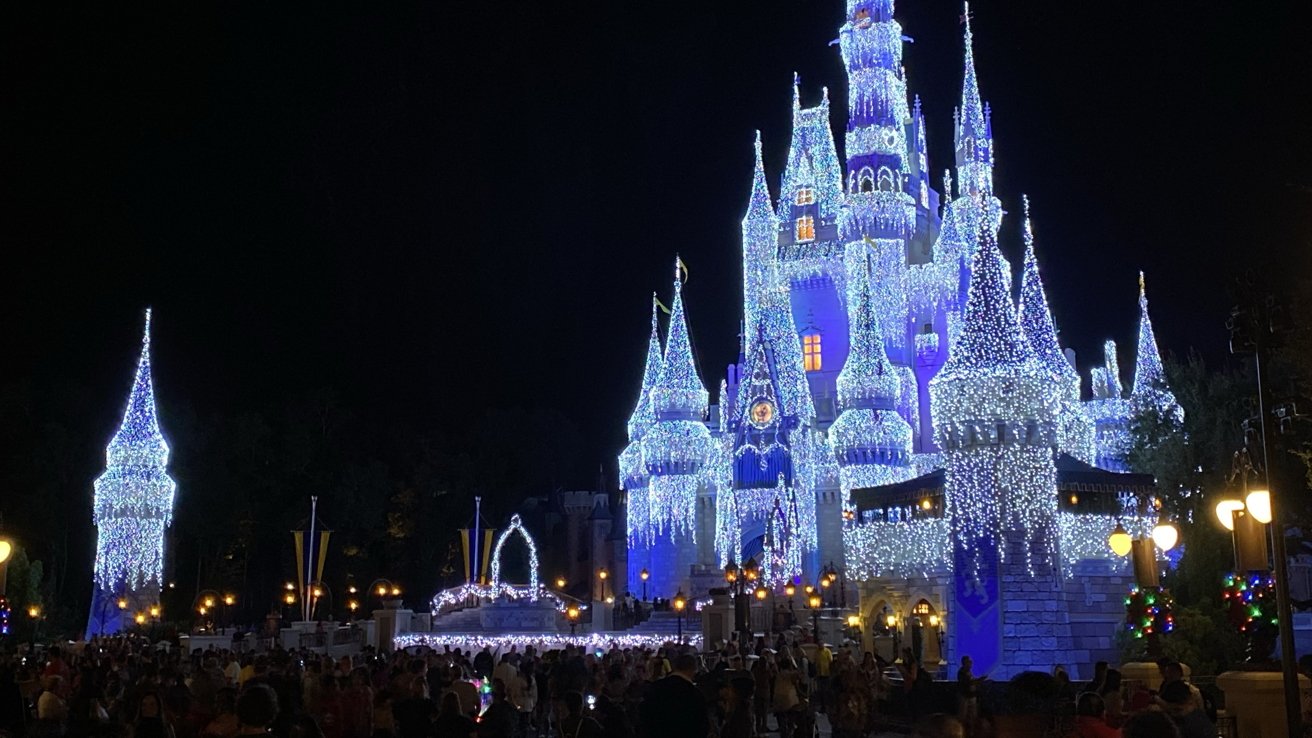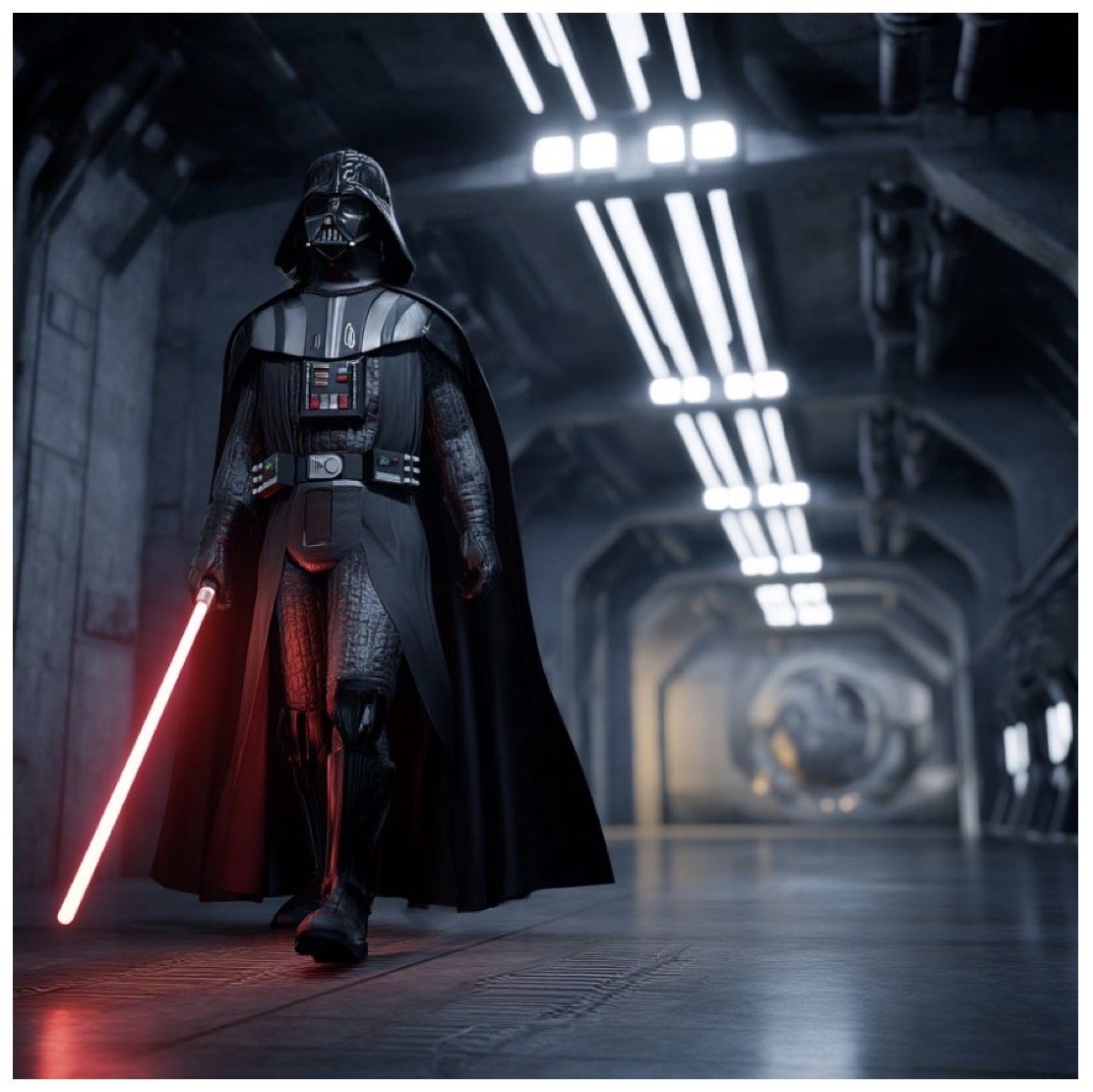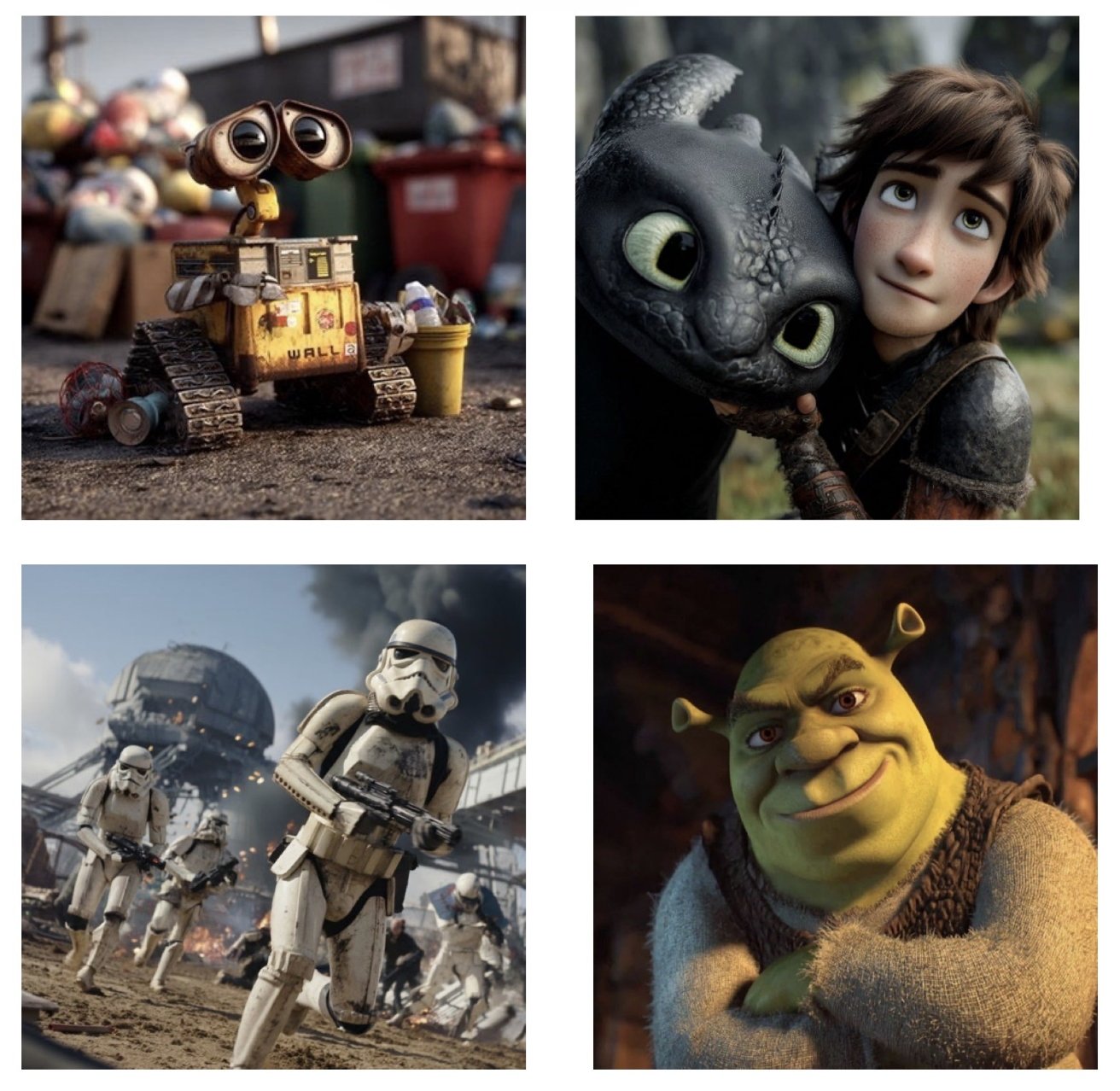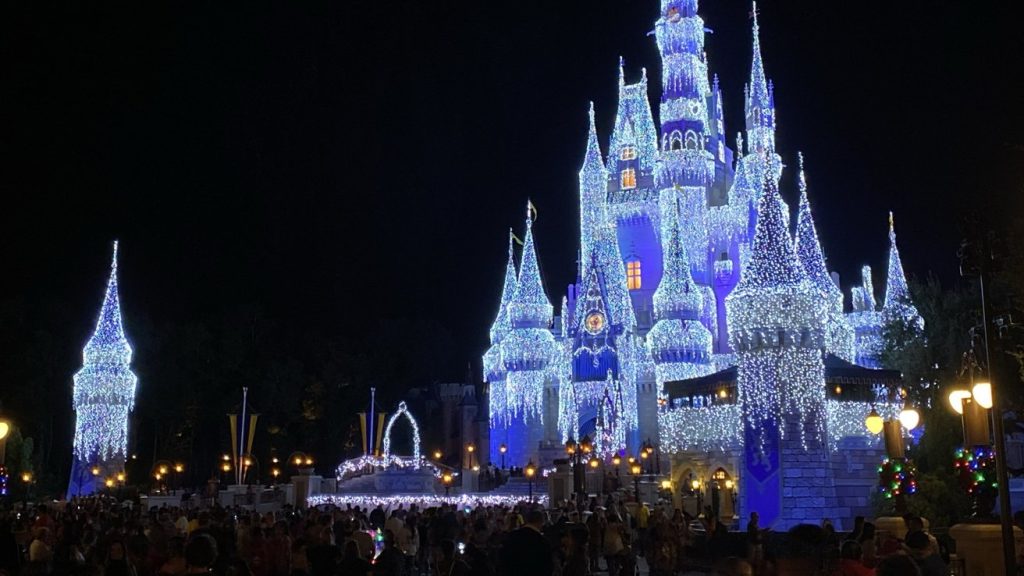Disney’s Magic Kingdom, not AI. Image credit: Mike Wuerthele

In an unlikely corporate alliance, Disney and Universal are suing Midjourney for turning iconic characters like Yoda, Shrek and Iron Man into hundreds of thousands of AI-generated graphics without permission or payment.
Disney and Universal Pictures are taking AI startup Midjourney to court, accusing it of mass copyright infringement for training its image generator on the studios’ most recognizable characters. In a joint lawsuit filed Wednesday in federal court, the studios accuse Midjourney of building its business on unauthorized use of their most valuable characters.
The two studios are rarely on the same side. Disney and Universal have long competed for box office dominance and theme park visitors, but they now share a common goal.
The lawsuit calls Midjourney “a bottomless pit of plagiarism.” It outlines what the studios describe as a business model built on unauthorized use of protected material.
The studios are asking for an injunction to stop the alleged infringement and damages for what they describe as calculated and ongoing misuse of intellectual property.

Example of Midjourney recreating copyrighted content
Midjourney’s image generator turns typed prompts into high-quality visual output. That approach is common across the generative AI industry.
These systems are trained on massive datasets collected from the internet without regard for copyright. They learn how to replicate visual styles and recognizable characters.
According to Disney and Universal, the results are not just inspired by pop culture but closely resemble copyrighted works. The lawsuit points to AI-generated images of Yoda with a lightsaber, Bart Simpson on a skateboard, and Iron Man in flight.
It also includes characters from Universal films, such as Shrek and Toothless from How to Train Your Dragon. The studios argue these examples show that Midjourney used their content to train its model without permission.
Disney and Universal say they asked Midjourney to stop using their copyrighted material or at least install safeguards to prevent further misuse. The company refused, they allege, and instead released newer models that doubled down on the problem by producing even more detailed recreations.
“Piracy is piracy,” said Disney’s top legal executive Horacio Gutierrez. “The fact that it’s done by an AI company doesn’t make it any less infringing.”
NBCUniversal’s Kim Harris put it more bluntly
“This is about protecting the actual artists whose work these tools are built on, and the companies that funded their creation,” Harris exclaimed.
Midjourney: scraping first, worrying about rights later
Midjourney was founded in 2021 and quickly rose to prominence by offering paid subscriptions for AI-generated images. The company was reported to have had an estimated revenue of $300 million in 2024.
Its founder, David Holz, told Forbes in 2022 that they built their training data by scraping the internet. When asked if they got permission from artists, he admitted they didn’t.
“There isn’t really a way to get a hundred million images and know where they’re coming from,” he said. Other AI companies have said as much to the governments around the world.
That quote may come back to haunt him.
This is far from the first legal threat Midjourney has faced. A group of artists sued the company and others in 2023, arguing that AI firms had stored and repurposed their work without consent. That case is still making its way through the courts after a judge ruled the claims were plausible.
RIAA Chairman & CEO Mitch Glazier also commented on the lawsuit.
“There is a clear path forward through partnerships that both further AI innovation and foster human artistry,” he said in a statement seen by AppleInsider. “This action by Disney and Universal represents a critical stand for human creativity and responsible innovation.”
Now, with two of the US’ major entertainment firms joining the fight with nearly bottomless pockets for lawyers, the stakes are higher. The lawsuit highlights the growing tension between AI companies who treat copyright law as an obstacle and creators who expect to be paid when their work is used.

Example of Midjourney recreating copyrighted content
The Recording Industry Association of America (RIAA) is a trade organization that represents major U.S. music labels and works to protect the intellectual property rights of artists and record companies.
The case is part of a growing wave of lawsuits targeting AI companies for training their models on copyrighted material. Authors, musicians, news organizations and other rights holders have raised similar concerns, arguing that AI tools built on unauthorized content undermine both copyright law and creative labor.
On a smaller scale, we’ve seen our own content mangled beyond coherency in the interest of AI summaries. We’ve seen our copy, verbatim, mashed up in news or procedural steps that make no sense when combined with other steps from other venues.
While companies like Midjourney describe the process as innovation, it is ultimately a shortcut that avoids paying the people who made the original work. And, as time has gone on, and AI feeds on AI generated content, the results are getting messier for the user, and legally.
Whether or not Midjourney thinks tracking licenses is too hard, the courts may soon decide whether that’s a valid excuse or just a convenient one.


